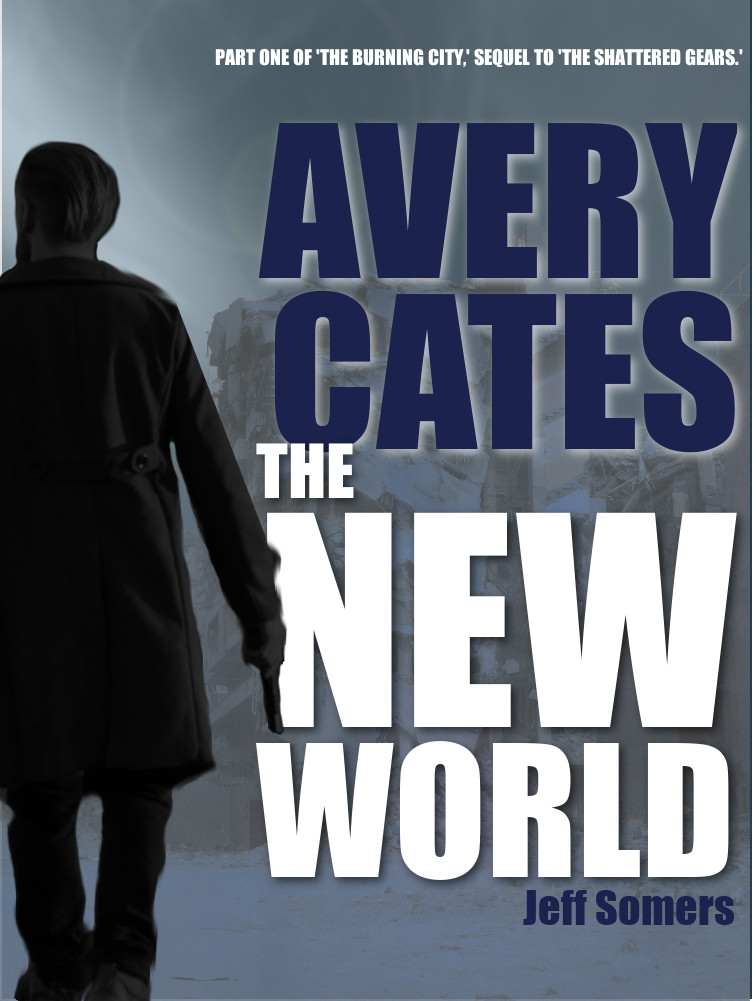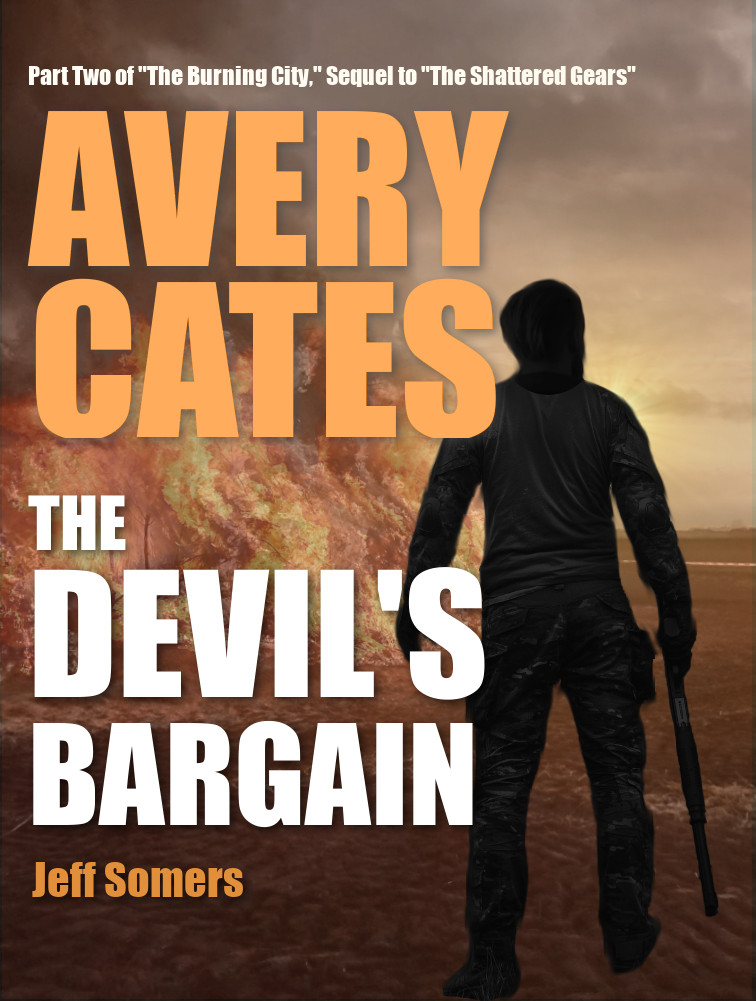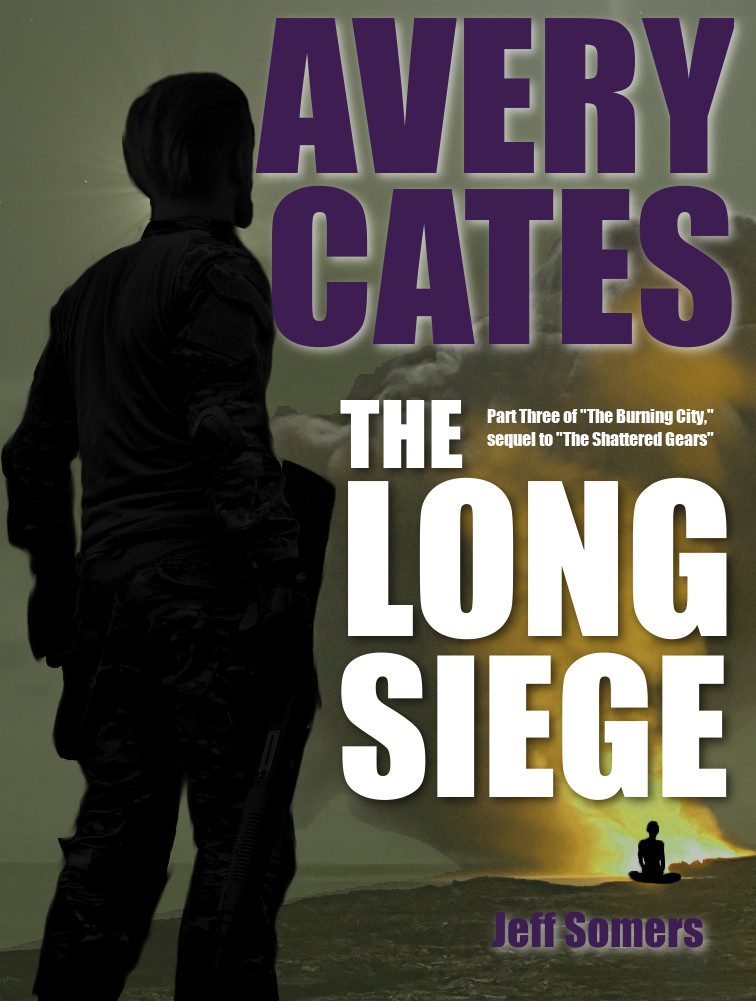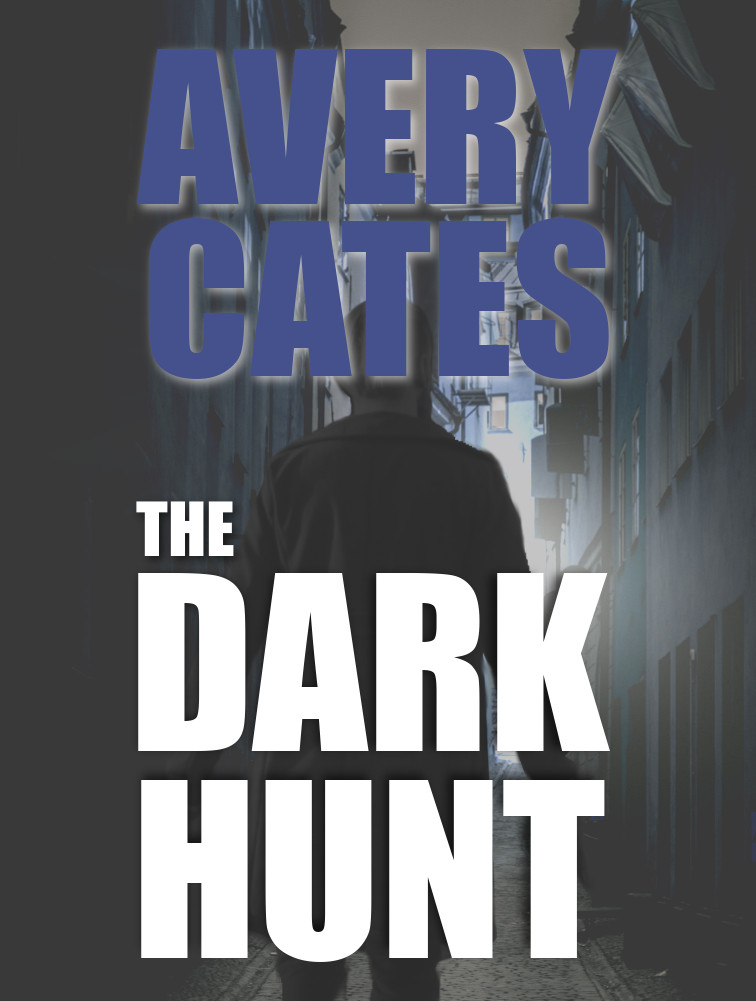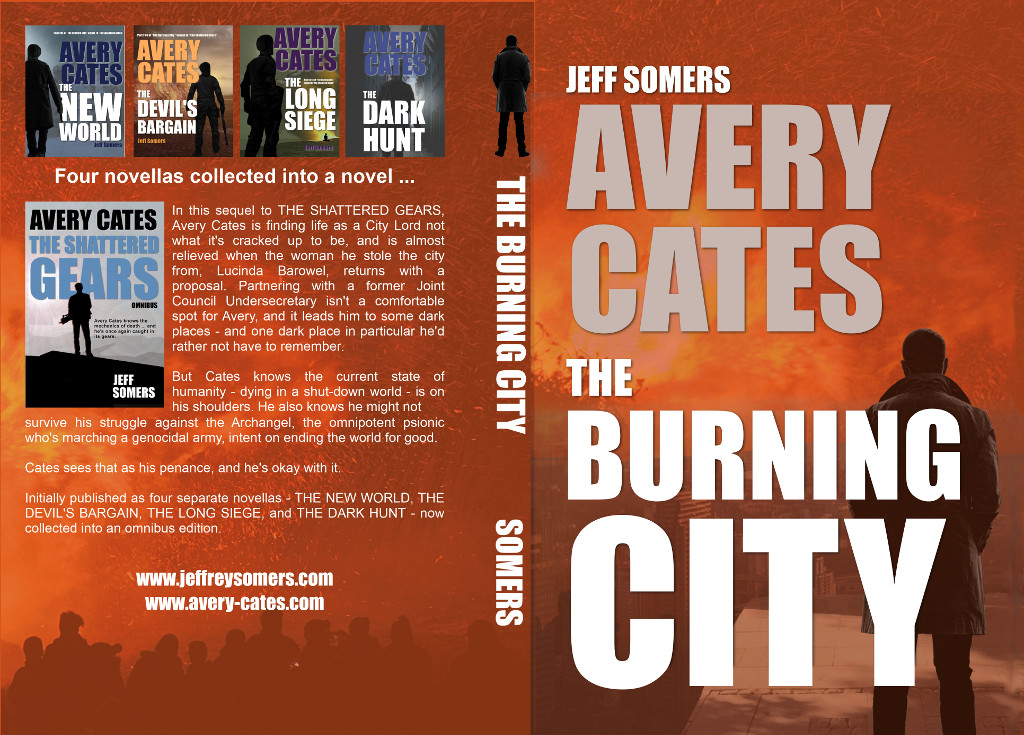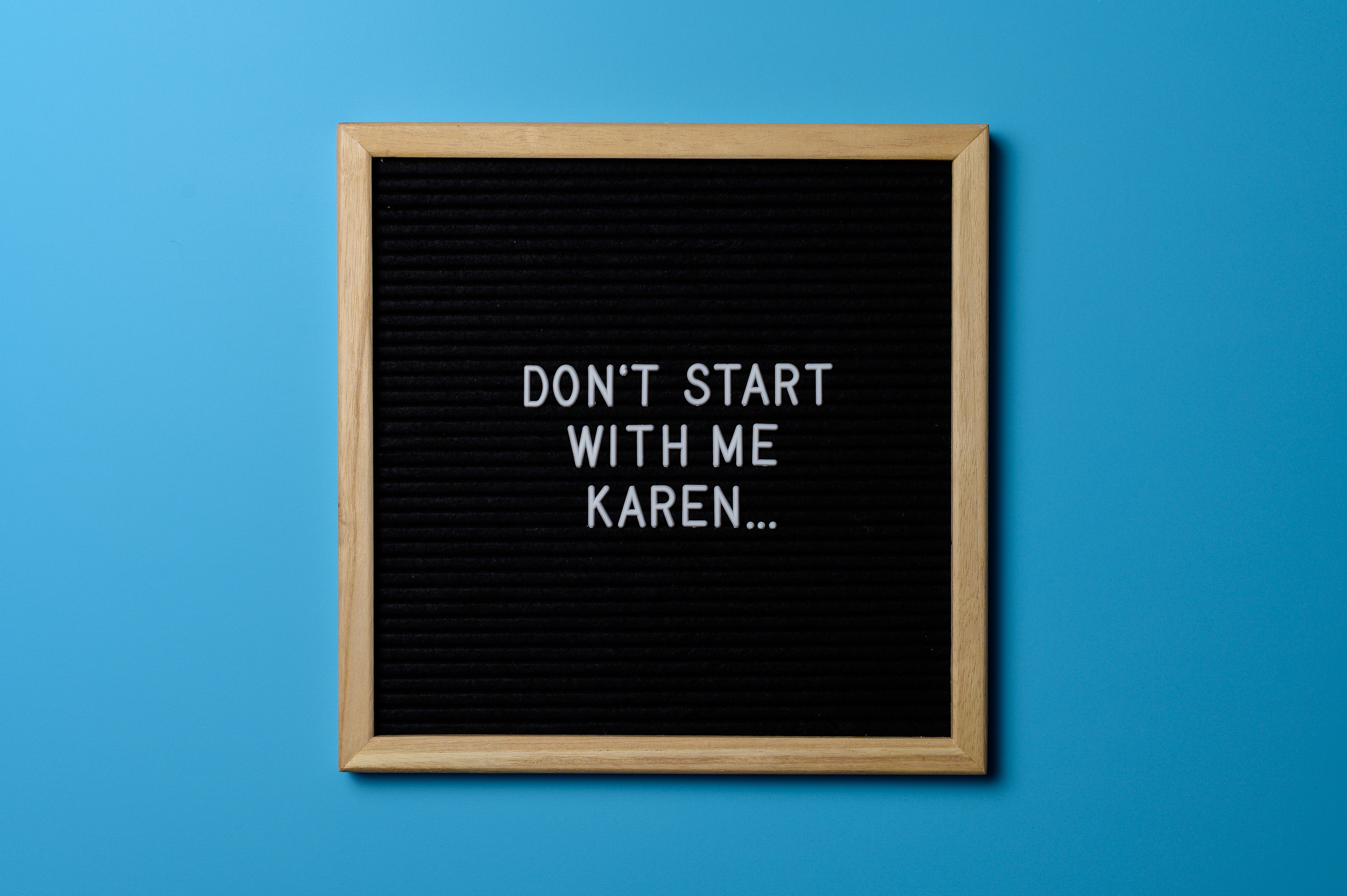I want to tell you about the summer I spent reading James Herriot’s All Creatures Great and Small in the galley of a tugboat.
A writing career doesn’t just happen. You come to writing in your own way, along your own path. By the time I was sitting in that tugboat’s galley, I’d already been writing stories for a few years. Sci-fi and fantasy, mainly, with some weirdo crime stories thrown in for spice. In high school I wrote some stories that threw wild Twilight Zone twists into careworn plots because everything seemed new to me, and I wrote some stories about high school kids who committed terrible crimes, disappeared for a decade, and suddenly showed up at their high school reunion to reveal what really happened while their former classmates gasped and sighed and schemed to seduce them. You know, typical stuff. Pretty bad stuff.
My parents, god rest their souls, insisted that my brother and I get paying jobs once we turned 14. Of course, my brother and I were generally loafing incompetents, so the actual finding of said jobs was kept out of our hands. My father worked at a local bank (this was back when there were such things as local banks), so he got us jobs in the mailroom. I spent a summer walking around an office building delivering mail and listening to music on my Walkman. Then I would go home and my mother would confiscate my earnings and tell me I was lucky. I didn’t feel lucky, but you couldn’t argue with my mother.
The next year, however, that job wasn’t available, so we had to get creative. My father had an acquaintance who ran a drilling company, and he finagled a job for me. The job wasn’t very closely defined, so one Monday morning my Mom drove me to the asscrack of Jersey City, and a bunch of befuddled and slightly hungover men pondered what in hell to do with me.
The Tug Boat, Exciting and New
After spending some eye-opening days with the functioning alcoholics who worked for the drilling company, I was eventually assigned to help spruce up an old tug boat. The company kept a few tugs in order to tow their drilling platforms around, and this one looked and smelled like it had been bought at auction around 1870 and left to rot for a while.
My ‘supervisor’ for the tug reclamation project was an older gentleman who was also living on the tugboat. This disturbed me, because I would show up every morning and he’d emerge from the cabin, coughing and scratching himself, which made me feel like I was visiting some distant cousin, because all of my cousins emerged from their own bedrooms coughing and scratching in exactly the same way.
I don’t remember the guy’s name. Let’s call him Earl.
Earl never assigned me any work. He made a few vague suggestions here and there, usually without any sort of context or explanation, and I quickly figured out that I could ignore these suggestions with impunity. Earl would then go off to do mysterious things in the engine area, emerging frequently to smoke cigarettes. I kept waiting for Earl to burst into flames after spending an hour shoulder deep in gasoline and engine oil and lighting up. As the summer dragged on, this became an increasingly attractive possibility.
I was borrowing my parents’ car to get to work every day, which was a perk. Once, leaving the yard, Earl asked if I would give him a ride to a local bar. About six other guys piled in, and I remember being impressed with how fast Earl could move when properly motivated. He made it from the car to the bar within seconds. I was too young to appreciate the value of this skill.
Anyway, since I had no actual work to do, I spent a lot of time in the tug’s filthy galley, where I found a single book: All Creatures Great and Small by James Herriot (a pseudonym). These stories are about a veterinary surgeon who lives and works in a small English town. This is not exactly what 16-year old Jeff would have chosen to read, but I didn’t feel comfortable bringing activities to the job. It’s one thing to sit on your ass all day for minimum wage, it’s something else entirely to flash about how little work you’re doing. So I had nothing else to do but read that book.
And I read the hell out of that book.
It’s delightful! And charming. And completely different from what I’d been reading my whole life, and in that sense, transformative. I’d never imagined I could be so enthralled with these stories of animals and quiet country life. Sure, boredom was a factor. Possibly also fumes of some sort. But it taught me that I needed to be a little more wide in my reading, that perhaps stories that had survive for years or decades or centuries did so because they were awesome in their own way.
Eventually, it was discovered that I was basically doing nothing on that tug. I didn’t get fired, because technically no one had told me to do anything. I was not and am not a lawyer, but I lawyered that situation. And basically managed to get paid to read a book, which makes me a genius under international law.


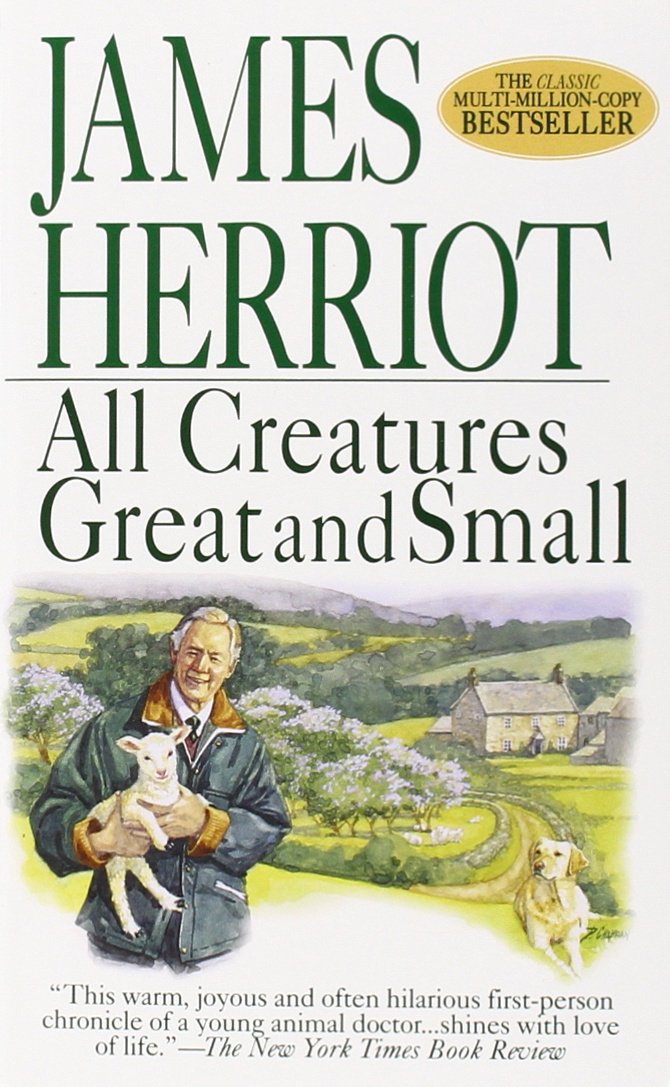
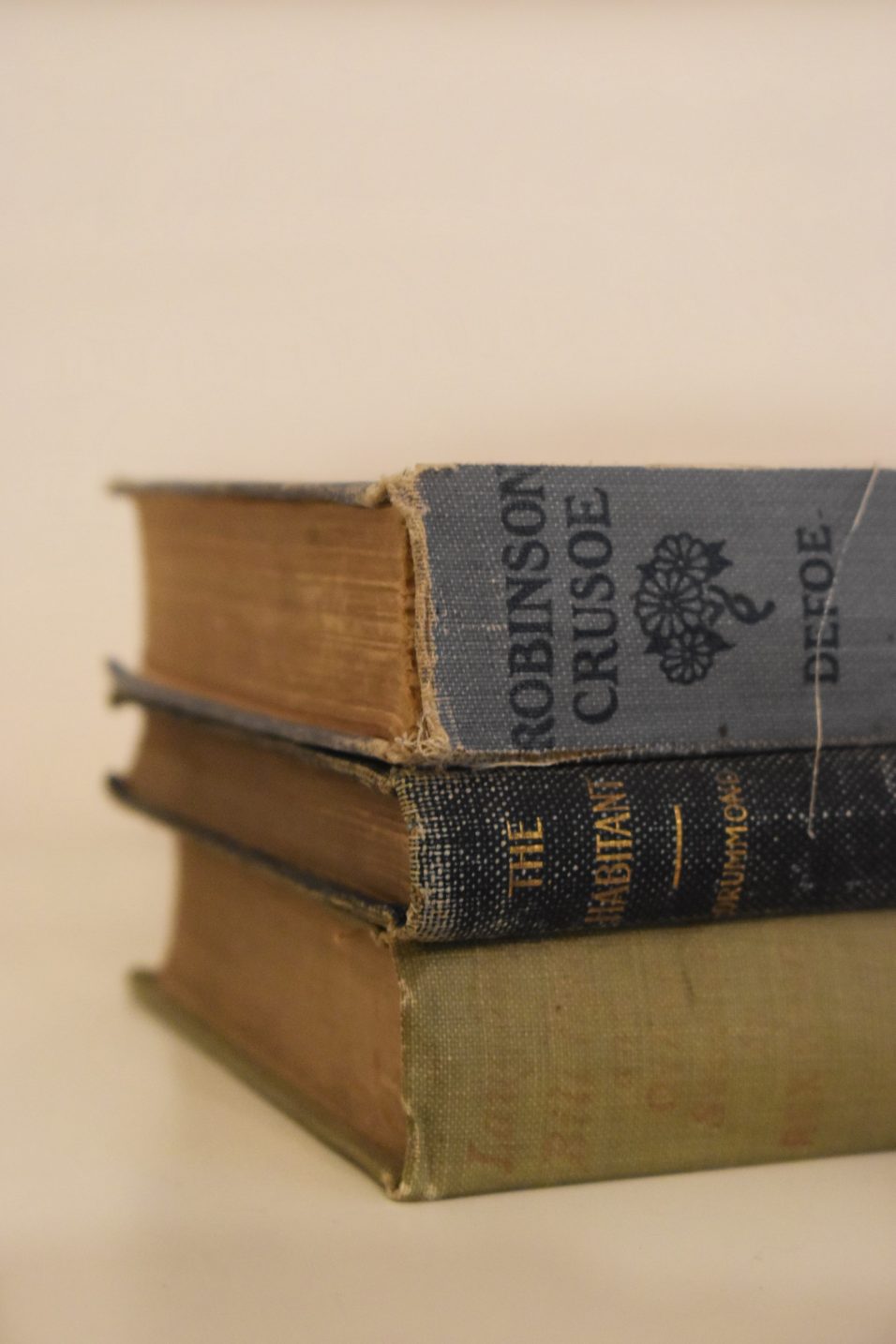

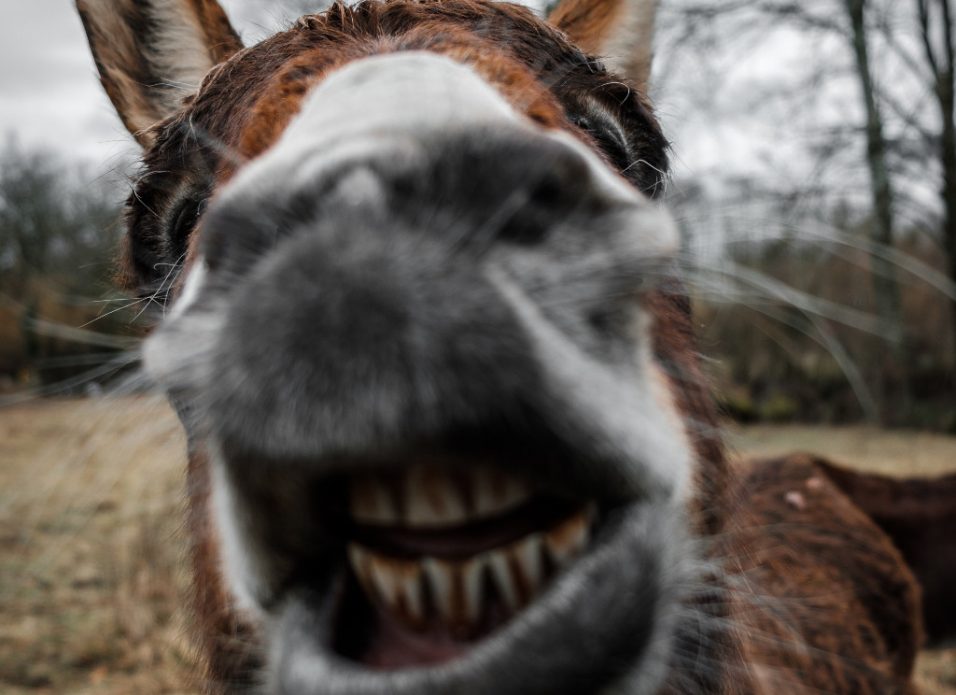
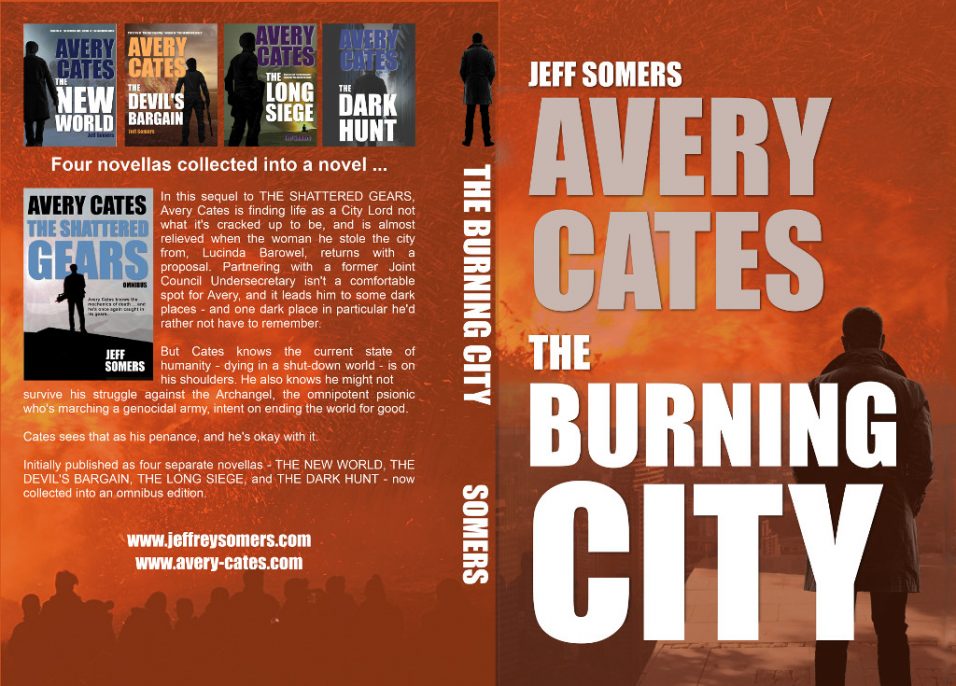
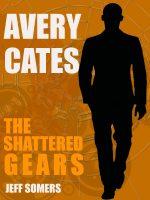 So, when I designed the first cover for the very first novella, The Shattered Gears, it was a bit of a throwaway effort. I wanted to echo the vastly superior work of
So, when I designed the first cover for the very first novella, The Shattered Gears, it was a bit of a throwaway effort. I wanted to echo the vastly superior work of 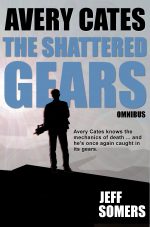 When time came to collect those first novellas into a novel, I got a little more ambitious with the cover design. It’s still a very simple silhouette-based concept, but I added some texture and lighting effects to make a little bit more interesting. I was especially proud of adding in the sci-fi gun to the silhouette. But then, really simple achievements make me outlandishly happy. It’s one reason why I love to make stuff.
When time came to collect those first novellas into a novel, I got a little more ambitious with the cover design. It’s still a very simple silhouette-based concept, but I added some texture and lighting effects to make a little bit more interesting. I was especially proud of adding in the sci-fi gun to the silhouette. But then, really simple achievements make me outlandishly happy. It’s one reason why I love to make stuff.